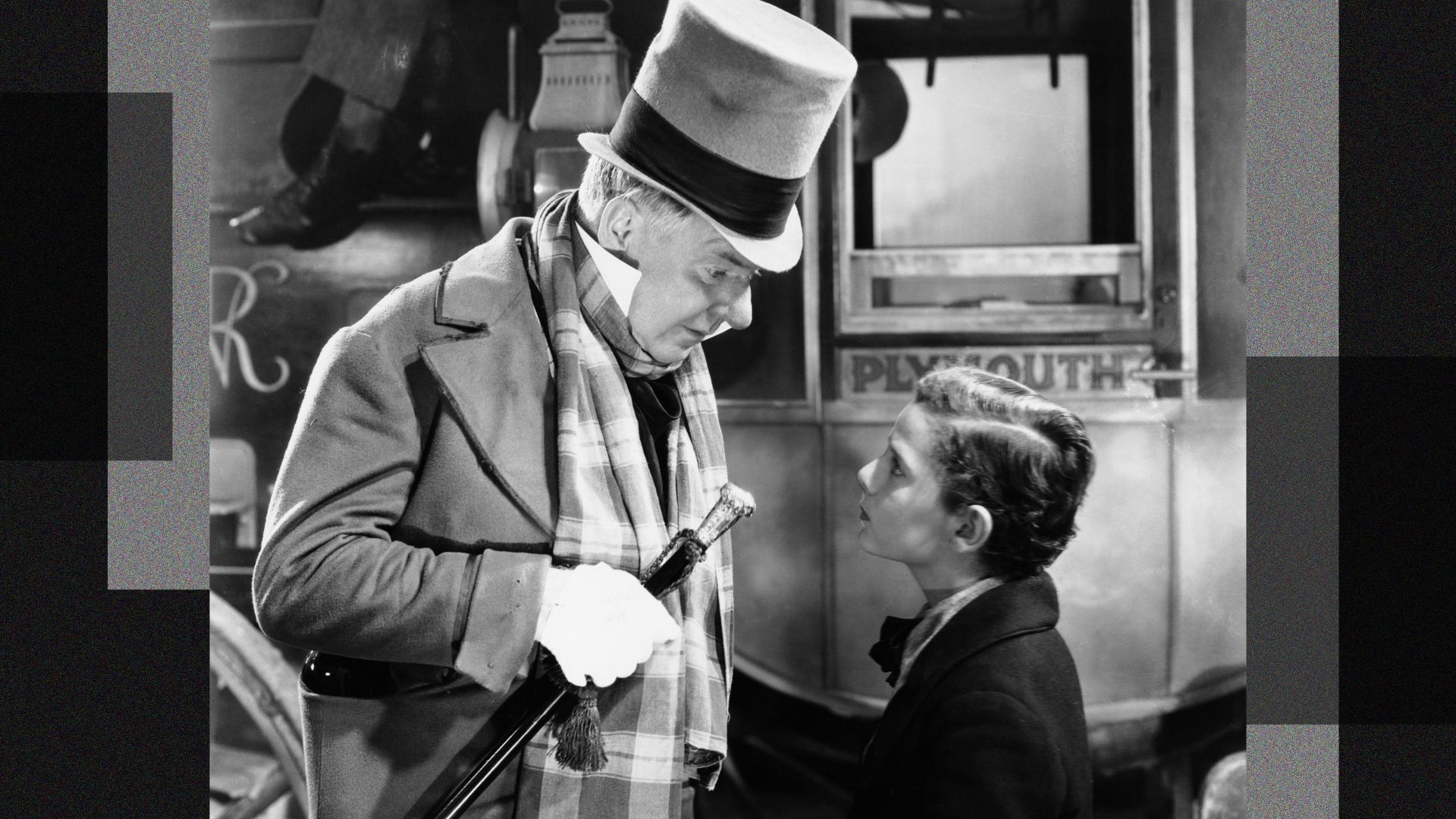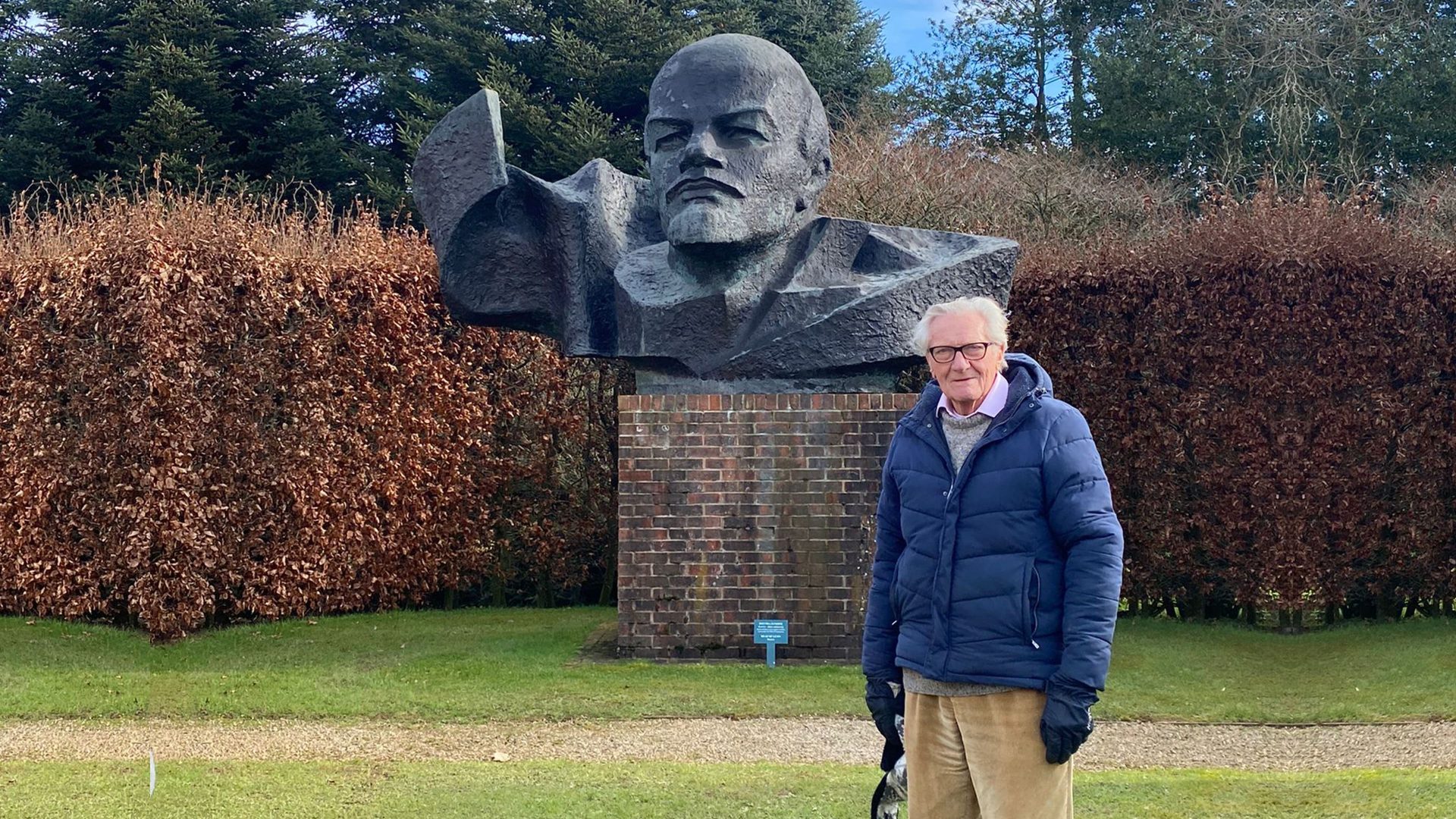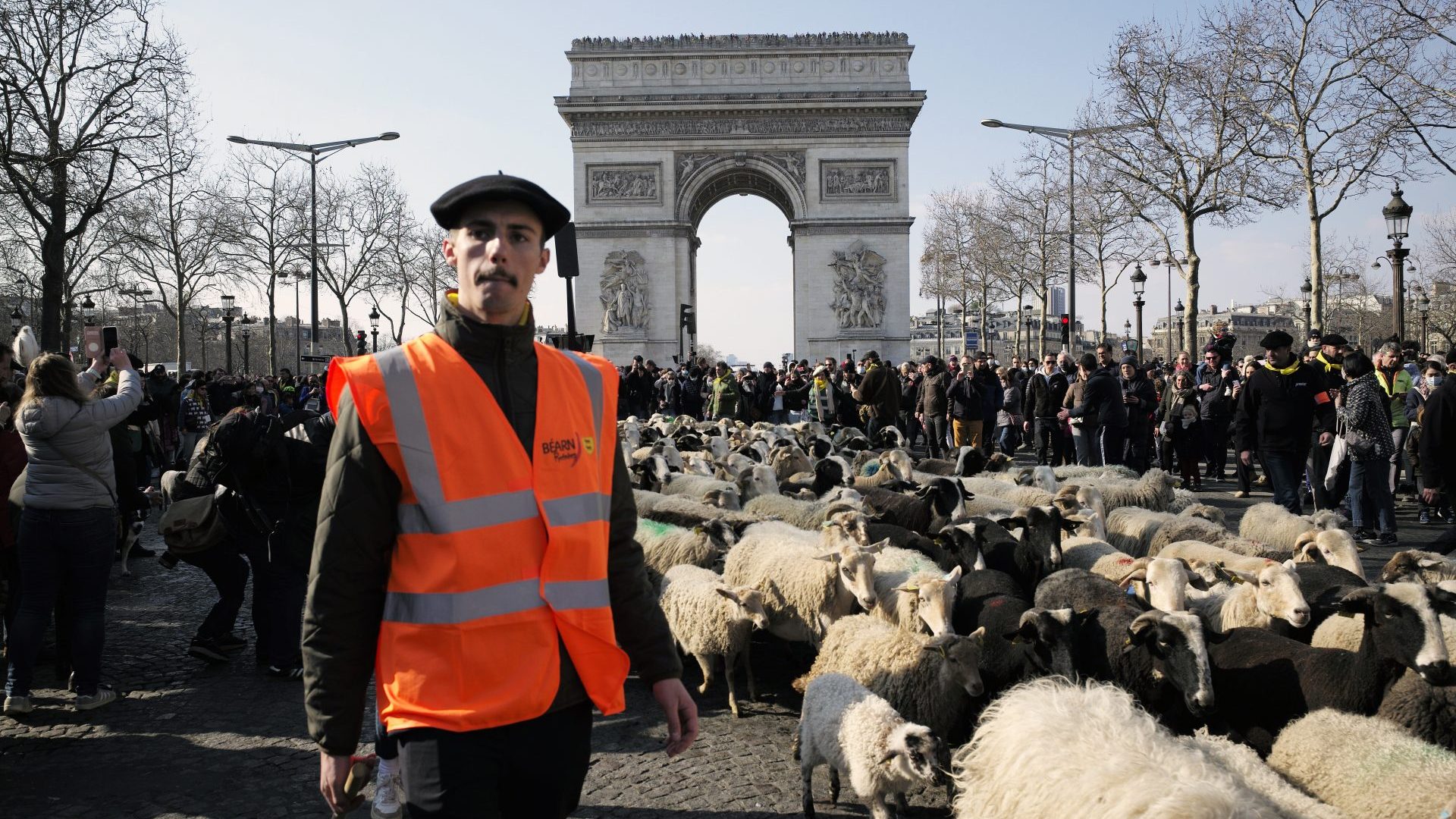“When sorrows come, they come not single spies but in battalions” (Claudius, Hamlet Act IV, Scene V) Pity the chancellor, just when he thought his troubles were behind him, he finds a new host of them ahead. Having thrown billions at Covid to keep the economy from plummeting into the abyss, he was just about to emerge into spring with a skip in his step and joy in his heart.
True, he had massively increased government borrowing, lost billions and misspent billions more, but now was the time to tighten a few belts and get the finances back under control. So, until a few weeks ago Rishi Sunak was looking forward to a Spring Statement when he could return to happier times.
He had already increased spending on public services and convinced his own sceptical party that huge rises in National Insurance payments were necessary this spring to pay for the NHS. But growth was better than hoped and he had some spare cash to play with.
Then inflation raised its ugly head and shortly after he had announced some rather miserly attempts to help with household fuel bills, Russia invaded Ukraine. Fuel prices spiralled even higher, along with the cost of many other commodities. The Bank of England’s estimate that inflation would peak at 7.5% now looks hopelessly optimistic and its ability to bring it down with higher interest rates very limited. These are external price pressures, and therefore less susceptible to increases in the cost of borrowing. Poorer families who spend a higher percentage of their income on food and fuel will be devastated.
On top of that, the Institute for Fiscal Studies has calculated that inflation has wiped out a quarter of the increase in public spending, that public sector pay awards will need another £10bn to make up for inflation and that to provide the same degree of protection against higher fuel prices already announced, Sunak will have to find another £12bn on top of the £9bn he is already committed to spending.
Also, those increases in NI contributions are looking like the last thing companies and workers need just now, and the small matter of a war in Europe means he will face huge pressure to raise defence spending.
Luckily for the chancellor, Covid did have one benefit – it proved once and for all that there IS a magic money tree. Tory chancellors have been wittering on for decades about the need to balance the budget or even cut current spending to repay government borrowing. After the credit crunch that logic led to austerity and the evisceration of many of the government’s capabilities.
It was always total rubbish. Governments and countries are not like households that have to, Micawber-like, spend less than they have coming in. They can and do borrow vast amounts over very long periods, invest the money and pay the interest back, at their leisure, from the higher growth the investment brings. They can also, in an emergency, borrow massive amounts to fund wars or ameliorate recessions or survive pandemics.
True, this government cannot keep on borrowing at these levels for ever, but it is going to have to do so for much longer than it thought.
Quite simply, Sunak needs to borrow tens of billions more, or he has to allow:
• Probably the biggest hit to household incomes since the 1970s
• Huge cuts to public sector workers’ pay (including nurses)
• Very large cuts in defence spending.
It seems very unlikely that the chancellor would or could get away with those policies.
But while borrowing more is the only possible response now, what should the Spring Statement say about long-term economic policy?
Frankly, the chancellor needs to spend more not just now but in the coming years. An ageing population and an international crisis both demand vastly more spending on health, care and defence. There are no savings from other departments that can possibly pay for those huge commitments.
The libertarian far right of the Tory party tell you there are billions hidden down the back of a sofa somewhere or misspent on luxury tea trolleys, but it is a fantasy. After 10 years of austerity, common sense tells you that.
The same people also claim lowering taxes brings in more money. Strange then that when governments need more money, they increase tax rates. It is just another fantasy that serves their political purpose.
To be blunt, in the long term, the government needs to tax more, tax more fairly, and tax wealth and earnings more evenly.
Increasing inheritance tax would be a start and it would be nice to stop it from being optional for the wealthy. The UK also needs a proper taxation system for property wealth. Earning more from the increase in the value of your home than from work, and all tax-free is madness – nice for some homeowners, but economic madness. Savings are virtually immune from taxation, a huge government subsidy for the already wealthy. The vast majority of pension tax breaks go to the well paid and the wealthy; the whole system needs reforming, the Treasury would save a fortune.
Finally, the government must announce that you cannot have a European-style welfare state worthy of the name and an American-style tax system. We have tried for decades, but it is an ideologically driven mistake; we will just have to tax and spend more.
The last of these is the easiest. Sunak with his hike in NI contributions and corporation tax has tacitly admitted the fact. If the government needs more money it has to increase taxes.
But as for the others, don’t hold your breath. They are all political suicide.
Voters, especially elderly and wealthy voters, will never believe they need to pay more tax and will never vote for it. After all, it is what they have been told for decades and Sunak isn’t going to shatter their illusions in this Spring Statement or at any other time.




